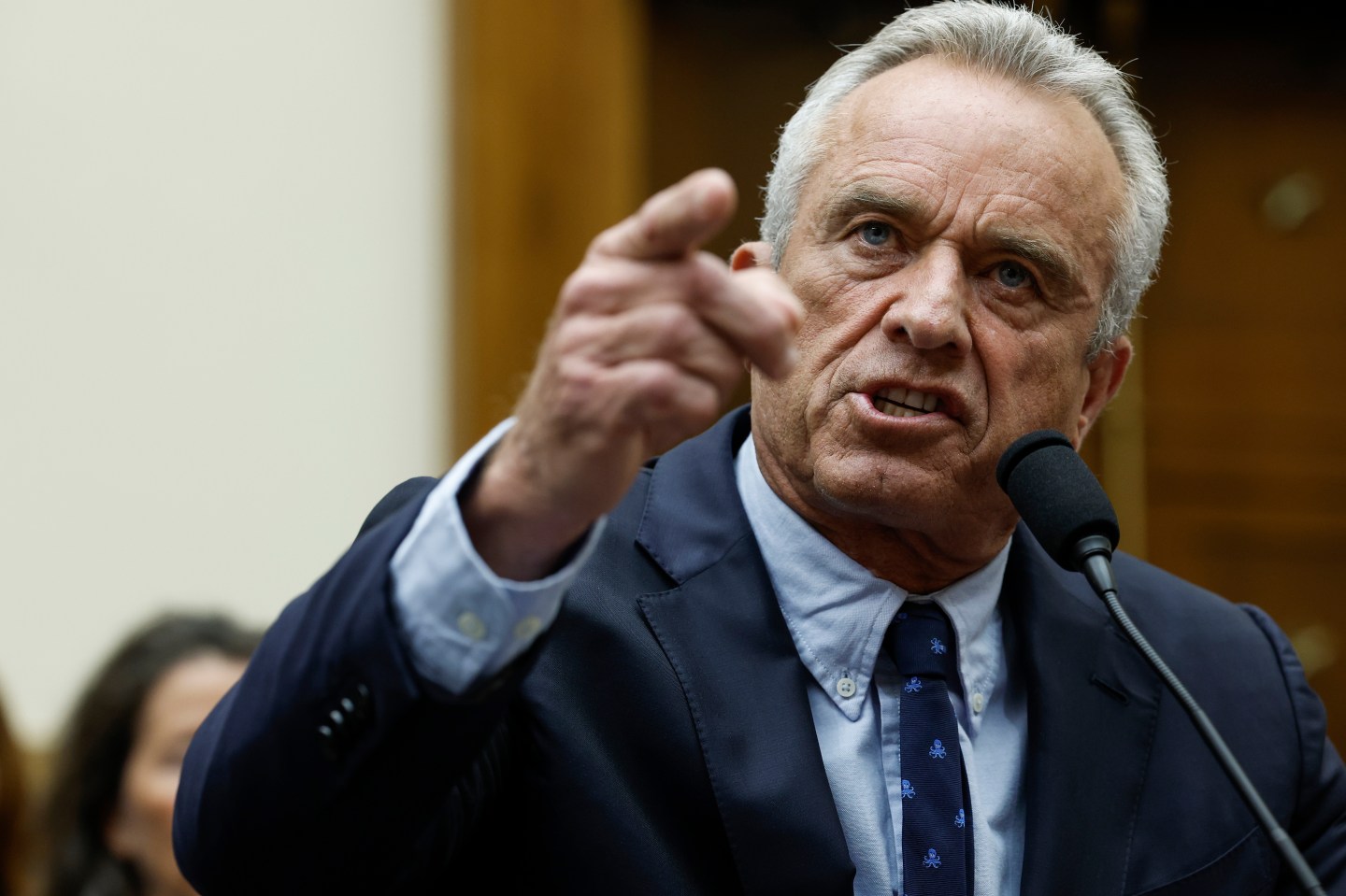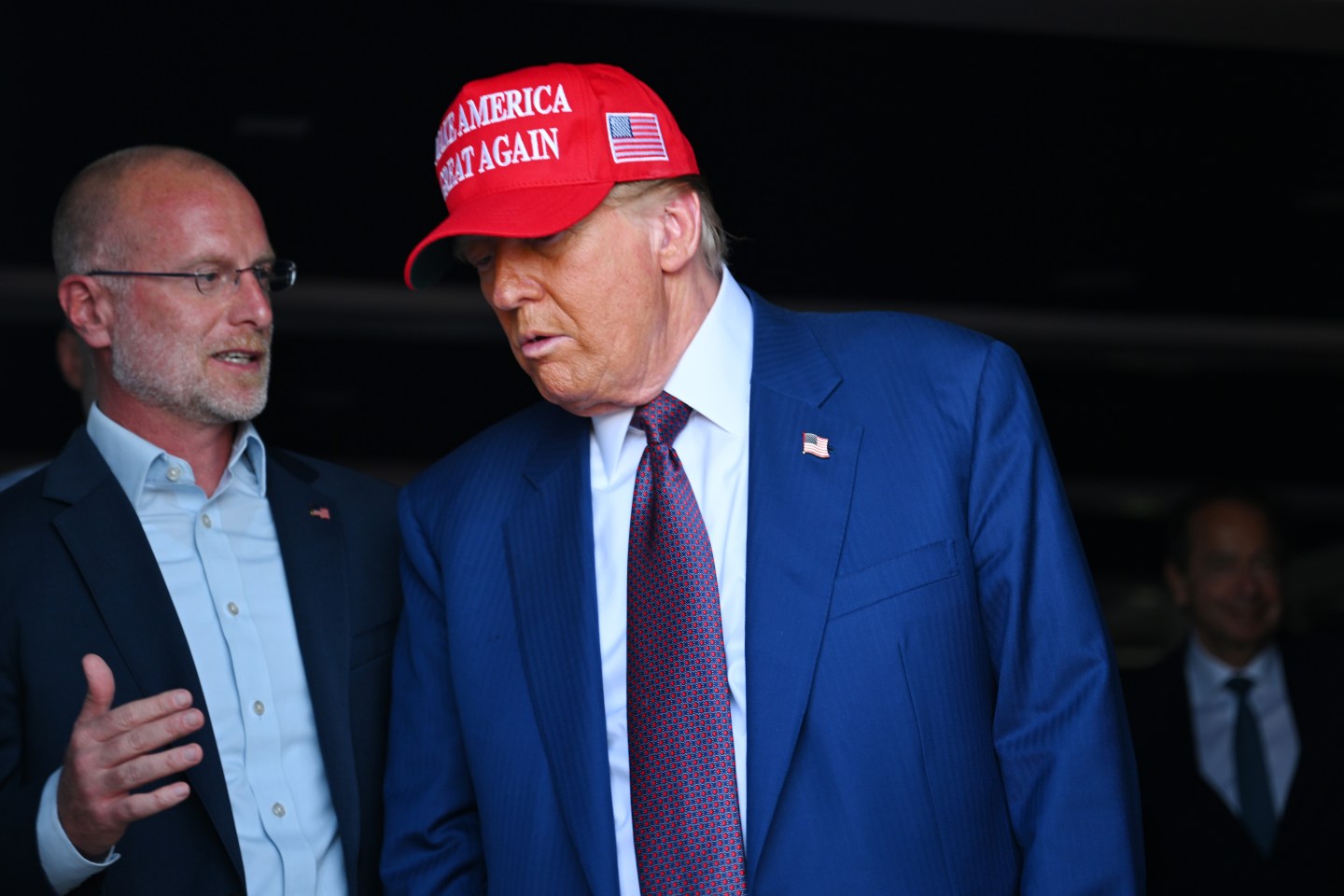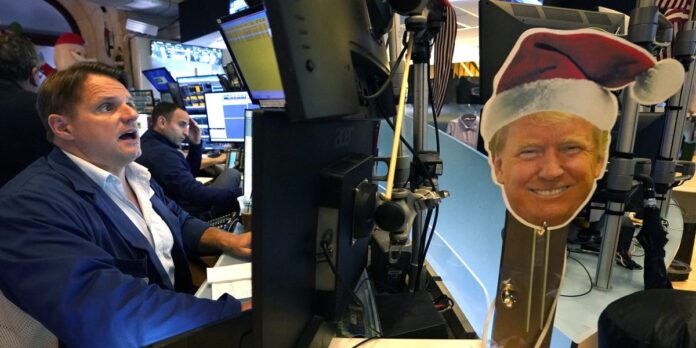President-elect Donald Trump surprised many this week with his announcement to impose tariffs of 25% on Mexico and Canada and increase existing tariffs on Chinese imports by an additional 10% on his first day in office. During his campaign, known as “tariff man,” he pledged to use these tariffs to generate revenue for the federal government and punish countries for unfair trade practices.
Whether these actions are just negotiating tactics remains unclear. With a strong U.S. economy, Trump’s motivations for these tariff policies and what he hopes to achieve are ambiguous. This uncertainty will challenge his new cabinet as they navigate a robust economy handed to them.
Trump’s cabinet members vary in skill, experience, and temperament, with their influence determining the success or failure of his economic agenda. Classifying them into three groups—Fortifiers (good), Detractors (bad), and Unknowns (mercurial influencers)—will shed light on how they might impact the economy.
Despite the initial “Trump bump,” where investors are optimistic about deregulation and lower taxes outweighing potential costs of his tariff policies, immigration restrictions, and higher deficits, the economic benefits of these policies will be closely monitored by cabinet members.
The success of Trump’s economic agenda will also hinge on the ability of his cabinet and senior leadership team to manage his evolving priorities, retain his respect, and avoid his ire. The competition for influence within the administration is vital given the diverse array of personalities nominated to implement Trump’s economic policies.
The cabinet officials with direct oversight of businesses and markets, like the secretaries of Treasury and Commerce, will need technical expertise, management acumen, strong relationships, and stakeholder trust. Indirect influencers, such as the secretaries of State and Defense, will play a crucial role in reassuring CEOs, investors, and consumers of their actions not harming the economy.
The ‘fortifiers’
Stefani Reynolds – Bloomberg – Getty Images
The recent nomination of Scott Bessent for Treasury Secretary has been well-received by business leaders and investors. Bessent, known for his vast experience with prominent investors like George Soros, Jim Chanos, and Jim Rogers, brings valuable insight into financial markets, currency dynamics, and historical market trends. His nomination signals an understanding of both the positive and negative impacts of tariffs on the U.S. economy.
Governor Doug Burgum and Chris Wright have been selected for significant roles in the Departments of the Interior and Energy, leading a national energy council. Their experience in the private sector and pragmatic approach are expected to ensure energy security and continuity under Trump’s administration.
Senator Marco Rubio as Secretary of State will play a crucial role in shaping international engagements and trade policies under the “America First” doctrine. His background in foreign relations and experience in navigating political landscapes will be vital in maintaining global relationships.
Lori Chavez-DeRemer, nominated for Labor Secretary, is seen as a moderate voice within the Republican party, likely to balance business interests and worker rights effectively. Her track record of bipartisan support will be instrumental in bridging gaps within the labor sector.
Elise Stefanik’s nomination for U.S. Ambassador to the United Nations reflects a strong stance on international affairs, particularly in support of Israel and countering anti-Semitism. Stefanik’s loyalty to Trump and her experience in House committees make her a valuable asset in diplomatic relations.
Kevin Hassett and Jamieson Greer, chosen for key economic roles, are expected to bring prudence and experience to their respective positions. Their familiarity with economic policies and regulation will reassure business leaders and investors.
The ‘detractors’

Anna Moneymaker – Getty Images
Howard Lutnick, nominated for Secretary of Commerce, has been viewed as controversial by some due to his background and potential conflicts of interest. His business ties, especially with federal economic policies, have raised concerns among industry experts.
Pete Hegseth, nominated for Secretary of Defense, faces scrutiny for his lack of experience in managing a large institution like the Department of Defense. Concerns about his ability to navigate complex bureaucratic structures and military matters remain a focal point of discussion.
Tom Homan, the designated border czar, has pledged an aggressive crackdown on illegal immigration, raising alarms within several industries reliant on immigrant labor. His rigid approach to immigration enforcement could pose challenges for various sectors.
Robert F. Kennedy Jr.’s nomination for the Department of Health and Human Services has sparked controversy due to his controversial claims and positions on various health and scientific topics. Experts fear that his skepticism towards vaccines and established health practices could hinder public health initiatives.
Elon Musk’s central role in Trump’s administration has raised questions about potential conflicts of interest and undue influence on federal operations. Musk’s history of benefiting from government subsidies and contracts has caused concern over his role in shaping public policy.
Brendan Carr’s nomination for the Federal Communications Commission Chair has elicited mixed responses, with concerns around his proposed regulatory changes and their impact on the telecommunications industry. His stance on social media companies and internet censorship has drawn scrutiny.
As other key positions in economic regulatory bodies remain unfilled, expected nominees like Casey Mulligan, Melissa Holyoak, Andrew Ferguson, and others will play crucial roles in shaping economic policies and market regulations under Trump’s administration.
The ‘unknown’

Brandon Bell – Getty Images
The role of Elon Musk as a central figure in federal operations poses challenges due to potential conflicts of interest and undue influence. His history of government subsidies and contracts raises concerns over his impact on public policy.
The nomination of Brendan Carr as FCC Chair raises questions about potential changes in telecommunications regulation. His support for holding social media companies accountable and addressing internet censorship may impact industry dynamics.
The success of Trump’s economic agenda will heavily depend on the range of influences within his administration. The interplay between the ‘Fortifiers,’ ‘Detractors,’ and ‘Unknowns’ will determine the direction of economic policies and their effects on the overall economy.
Ultimately, the evolving priorities and decisions made within the Trump cabinet will have a significant impact on the economic landscape. The complex interplay between cabinet members, their influence on




